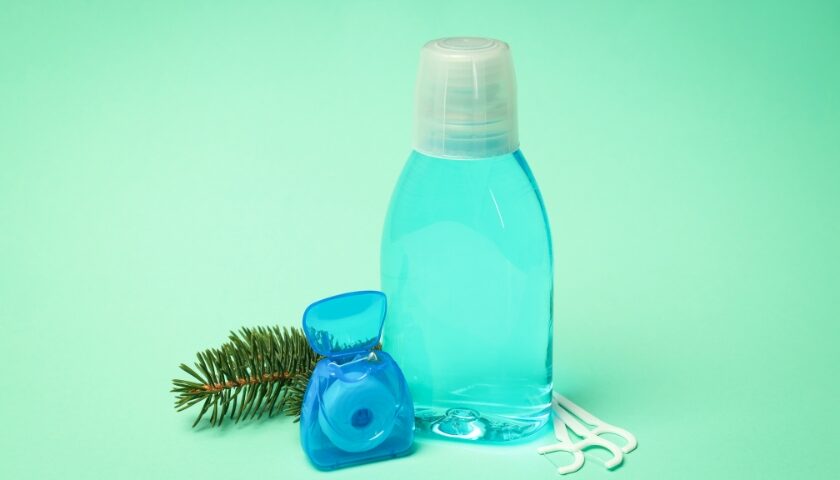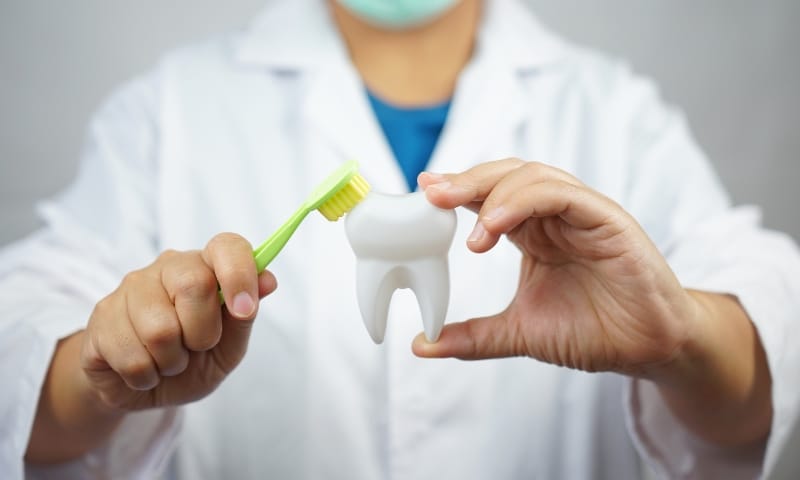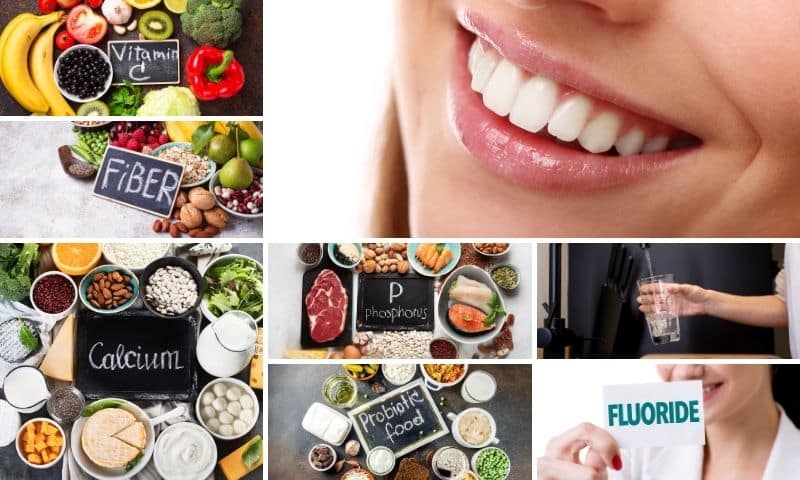Are Mouth Fresheners Good For Oral Health?

Dry Mouth: Causes and Treatment
July 23, 2024
The Benefits of Early Orthodontic Treatment
August 8, 2024Pop a mint and spray some freshness – mouth fresheners are a ubiquitous presence in our daily lives. But are these handy breath-boosters truly beneficial for oral health, or do they merely mask a deeper problem? Today’s blog is going to present the impact of these popular breath-boosters on our teeth, gums, and overall oral hygiene. We’ll uncover whether the mint mania is a friend or foe in the quest for a healthy smile. So, without further delay, let’s delve into the world of mints, sprays, and gums to understand their impact on your smile.
The Benefits of Mouth Fresheners
While not a substitute for proper oral hygiene, mouth fresheners can offer some temporary benefits:
- Masking Bad Breath: They can temporarily mask unpleasant odors caused by food consumption, smoking, or morning breath.
- Stimulating Saliva Production: Some mouth fresheners, especially sugar-free mints or gum, can stimulate saliva production. Saliva plays a crucial role in washing away food particles, neutralizing acids, and promoting oral health.
- Fresher Taste: Mouth fresheners can leave a pleasant taste in your mouth, enhancing your sense of freshness and confidence.
The Downside of Mouth Fresheners:
Despite their perks, mouth fresheners come with some drawbacks:
- Masking Underlying Issues: Bad breath can be a symptom of an underlying oral health concern like gum disease or tooth decay. Mouth fresheners only mask the odor, not the root cause. If you experience persistent bad breath, consult a dentist in Alberta for a proper diagnosis and treatment plan.
- High Sugar Content: Many mints, candies, and gums labeled as “breath fresheners” are loaded with sugar. Overindulging in sugar can substantially heighten the likelihood of developing tooth decay and cavities. Opt for sugar-free options whenever possible.
- Alcohol Content: Some mouthwashes and sprays contain alcohol, which can cause dry mouth. A dry mouth reduces saliva production, hindering its natural cleansing properties and potentially increasing the risk of cavities.
- Potential for Overuse: Overuse of some mouth fresheners, particularly those containing strong antibacterial agents, disrupts the natural balance of bacteria in the mouth. This eventually leads to oral health problems in the long run.
The Verdict: Mouth Fresheners – Friend or Foe?
Mouth fresheners can be a handy tool for temporary breath control and a quick confidence boost. However, they are not a replacement for proper oral hygiene practices like brushing, flossing, and seeing a dentist in Alberta for regular checkups and cleanings. Here’s how to strike a balance:
- Use them strategically: Reach for mouth fresheners after consuming strong-smelling foods, coffee, or cigarettes, but not as a replacement for brushing and flossing.
- Choose sugar-free options: This minimizes the risk of tooth decay by eliminating the primary food source for harmful bacteria in the mouth. This proactive approach helps maintain a neutral pH balance in the oral cavity, preventing acids from forming and attacking tooth enamel.
- Limit alcohol-containing products: Opt for alcohol-free mouthwashes or sprays to avoid dry mouth. They are preferable choices as they do not exacerbate dryness, a condition that can contribute to discomfort and increased bacterial growth in the mouth.
- Don’t rely solely on them: Persistent halitosis can indicate underlying dental or medical conditions that require professional evaluation and treatment. If you experience persistent bad breath, consult a dentist in Alberta to rule out any underlying conditions.
Ultimately, Keeping your oral hygiene in healthy condition is the key to long-lasting fresh breath and a healthy smile. Use mouth fresheners in moderation and prioritize proper dental care routines. Remember, a dentist in Alberta can provide personalized advice on maintaining optimal oral health and achieving the fresh breath you desire. They can also help identify and address any underlying issues that might be causing bad breath. So, ditch the over-reliance on mints and commit to long-term oral health solutions.
Frequently Asked Questions
Sugar-free mints can temporarily freshen your breath and stimulate saliva production, which is beneficial for oral health. However, they shouldn’t replace brushing and flossing.
Persistent bad breath could indicate an underlying oral health issue like gum disease or tooth decay. Mouthwash might mask the odor temporarily, but it won’t address the root cause. Consult a dentist for a proper diagnosis and treatment plan.
Some mouthwashes contain antibacterial ingredients that can reduce bad breath-causing bacteria. However, overuse can disrupt the natural balance of bacteria in your mouth, potentially leading to other problems. Use mouthwash as directed and prioritize brushing and flossing for optimal bacterial control.
A dry mouth reduces saliva production, which can contribute to bad breath. Limit alcohol-containing mouthwashes that can worsen dryness. Staying hydrated and discussing treatment options with a dentist can help manage dry mouth and improve breath.
Sipping water frequently, chewing sugar-free gum to stimulate saliva flow, and practicing good oral hygiene are all-natural ways to freshen your breath. Certain foods like apples or raw vegetables can also help freshen breath by stimulating saliva production and cleansing the mouth.




